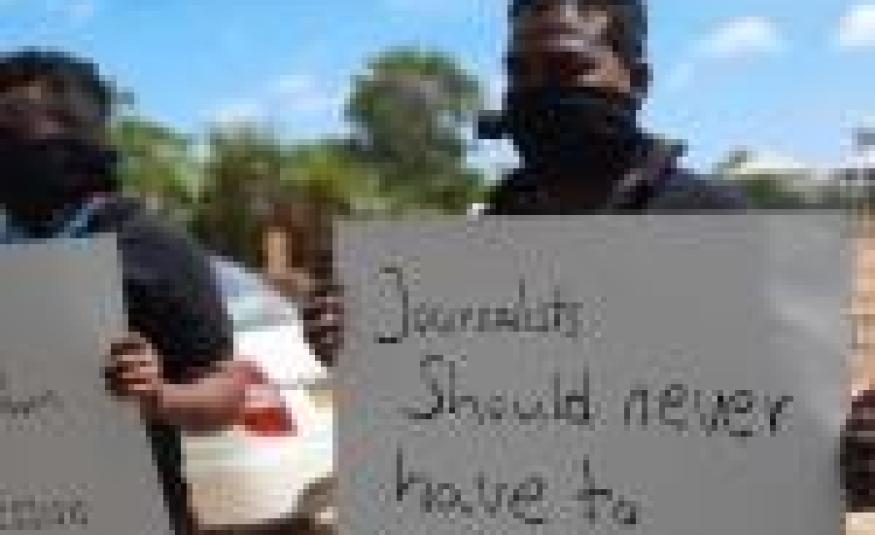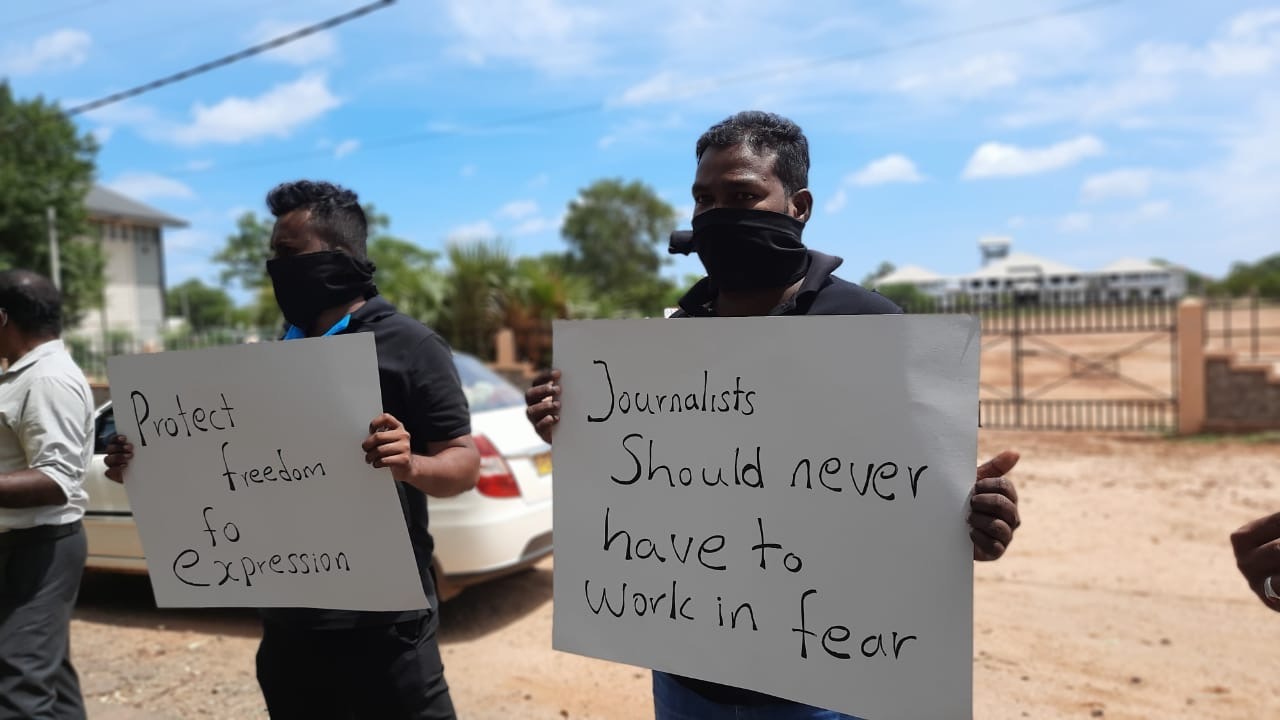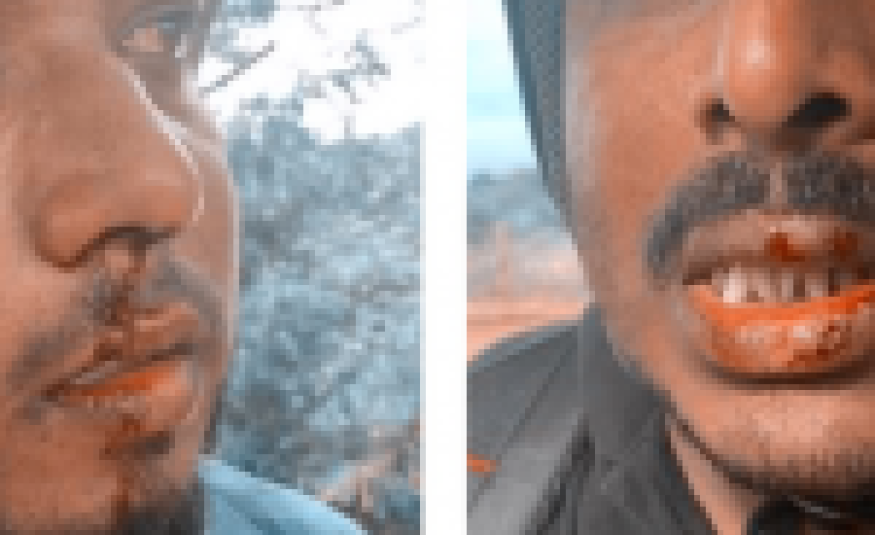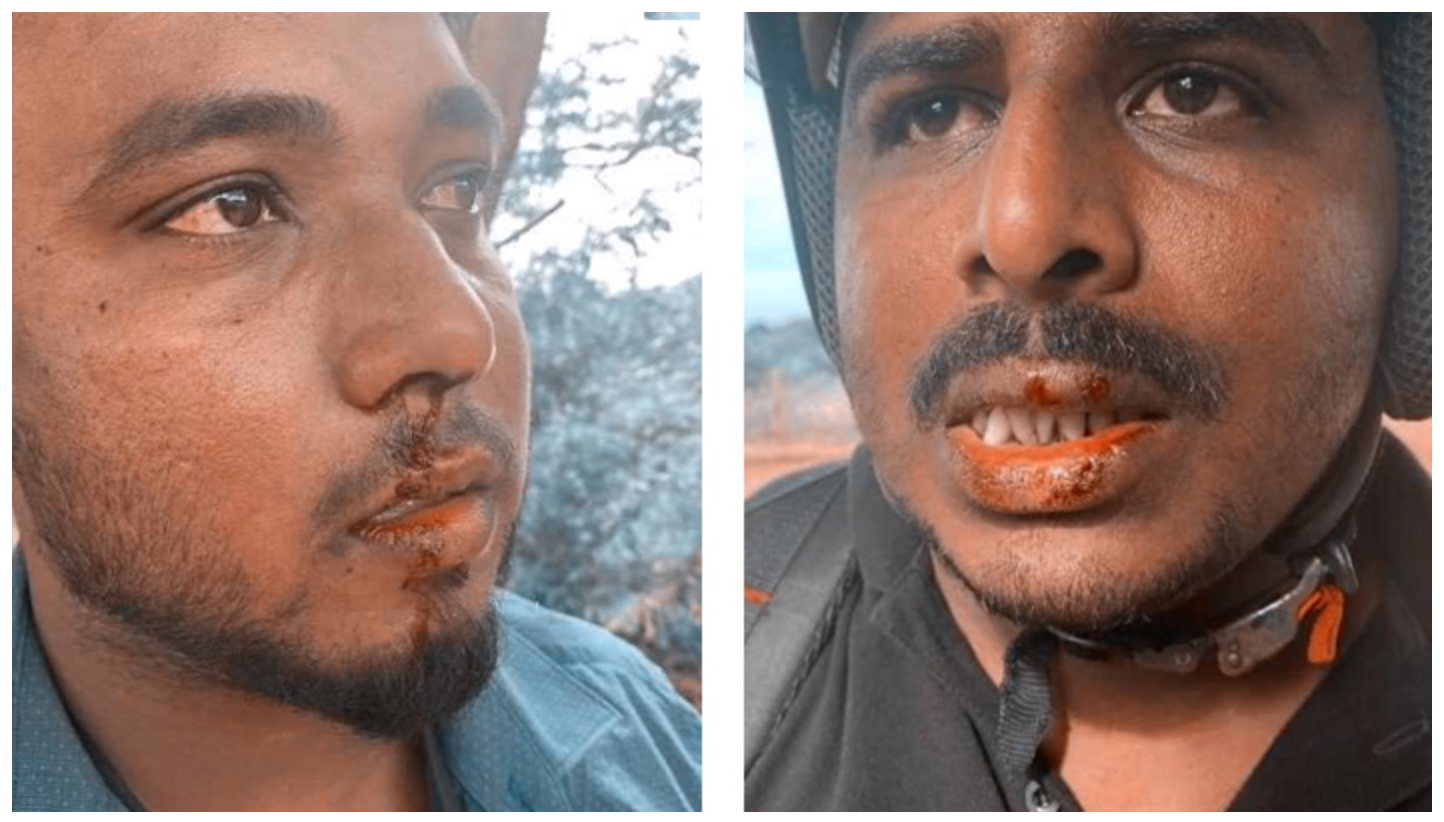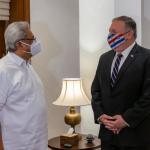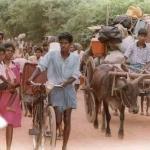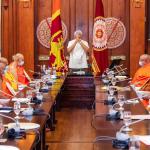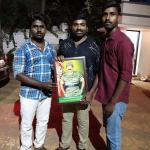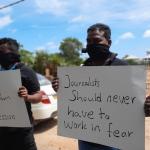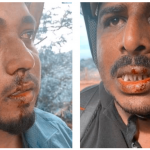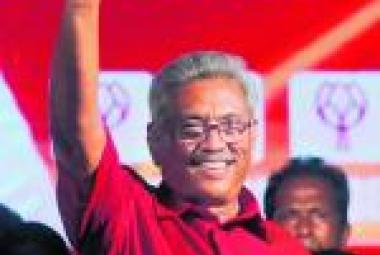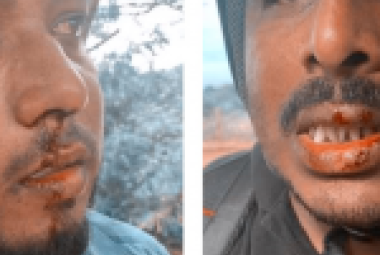.jpg)
Sri Lanka’s famed cricketer Muttiah Muralitharan has always been a controversial figure. With tens of thousands around the globe airing their discontent over a Kollywood biopic to be made on the athlete, he has once more been pushed into the spotlight and sparked larger conversations over his legacy, Sri Lankan identity, and how sports and politics on the island are intrinsically entwined.
As an athlete, Muralitharan broke several records. His unusual bowling action, which brought him fans as well as detractors, made him an international sensation. He toured the world, shrugging off the ‘chucker’ chants and abuse, to become the most successful bowler in test history. Despite his impressive record, he was never appointed captain of the national team - a fact simply accepted by many as simply part of the immovable everyday racism that all Tamils in Sri Lanka have to endure. Regardless, the fact that he was a Malayaga Tamil on a Sri Lankan team dominated by Sinhalese, won him fans. And though there was a small sense of pride that Muralitharan was the Sri Lankan cricket team’s lead wicket-taker, for many Eelam Tamils his rise to fame was coupled with a deep discomfort.
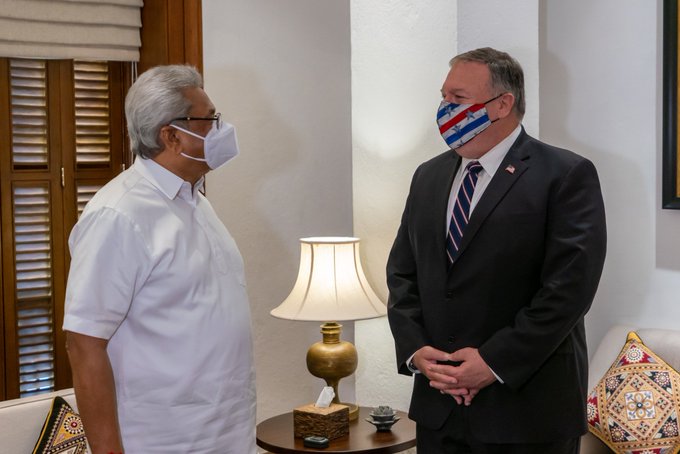

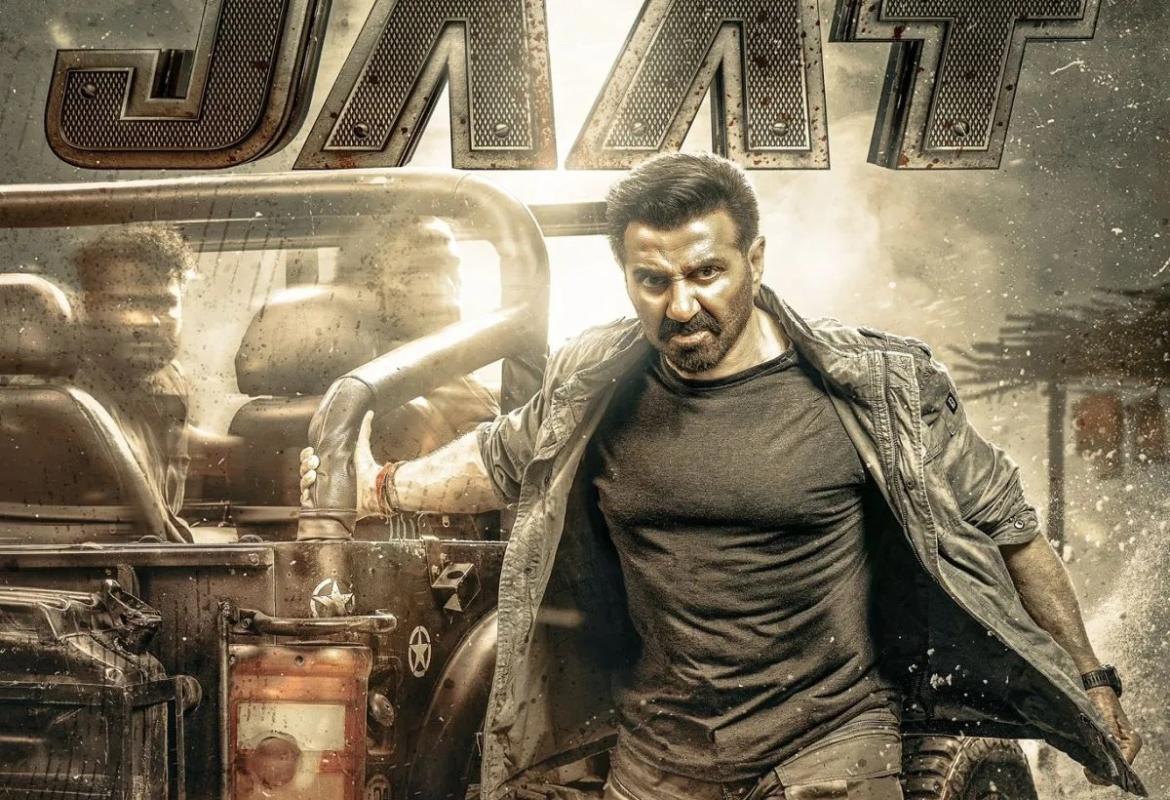
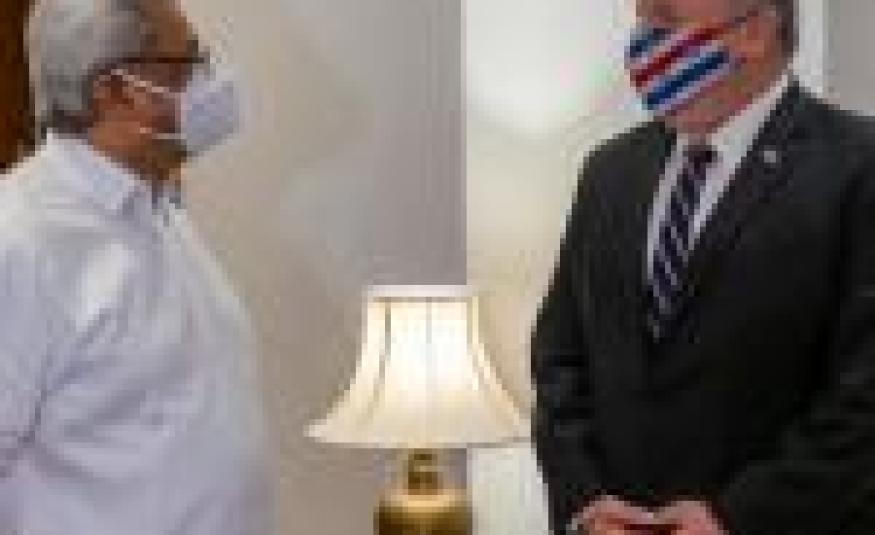

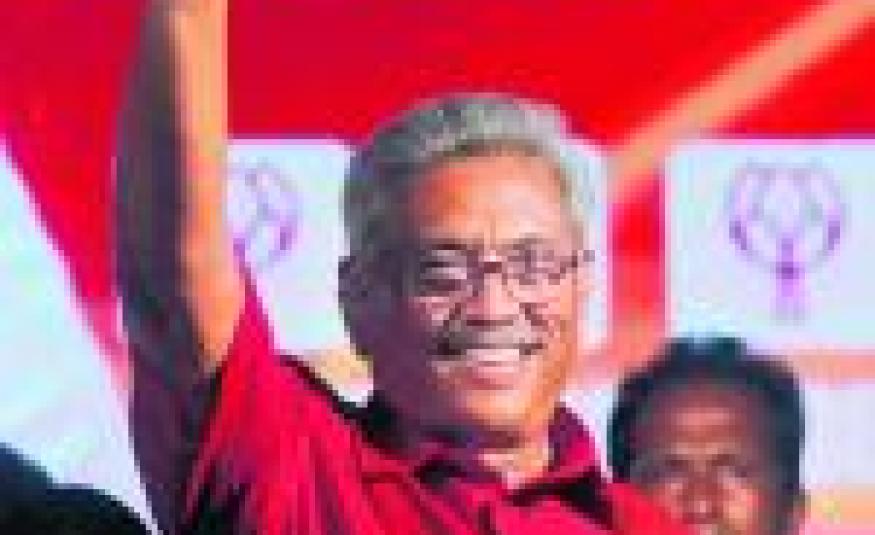
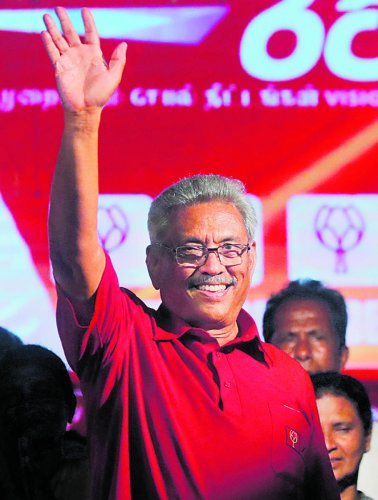
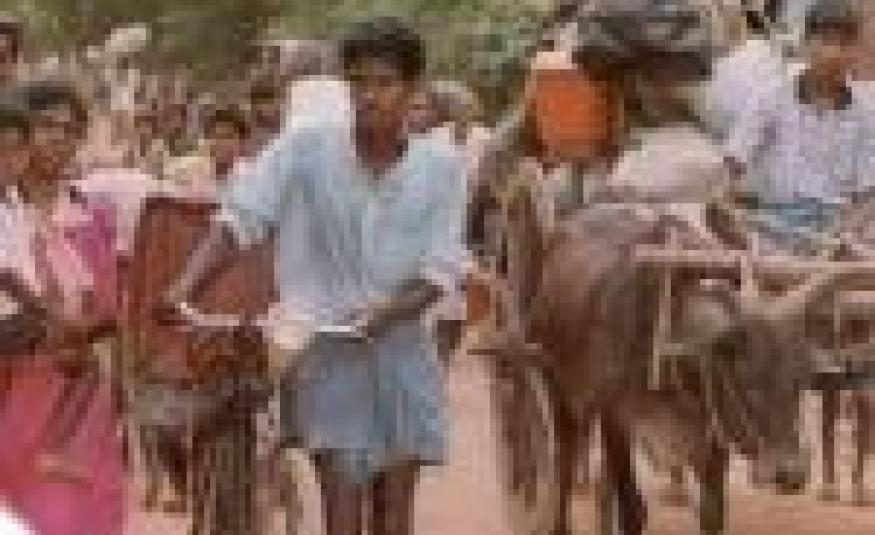
.jpg)
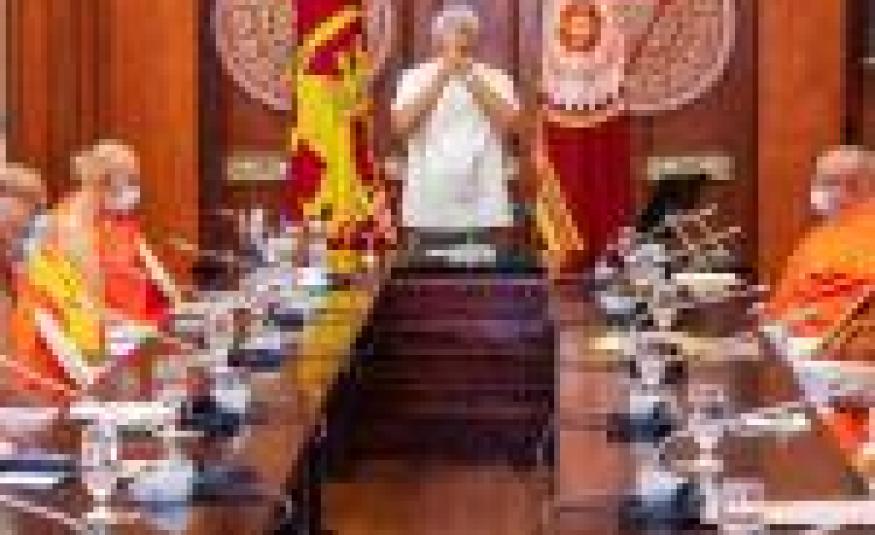
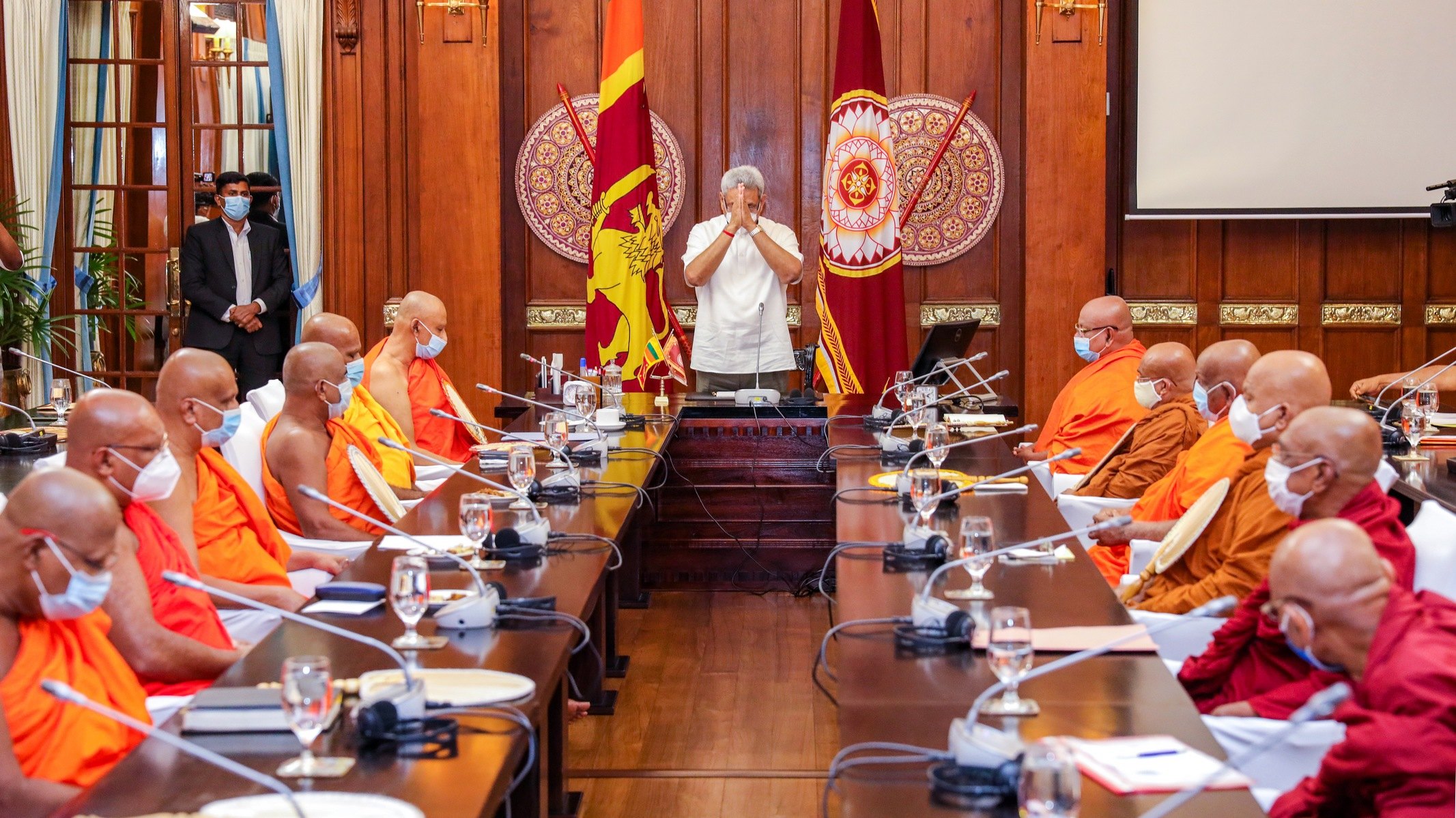
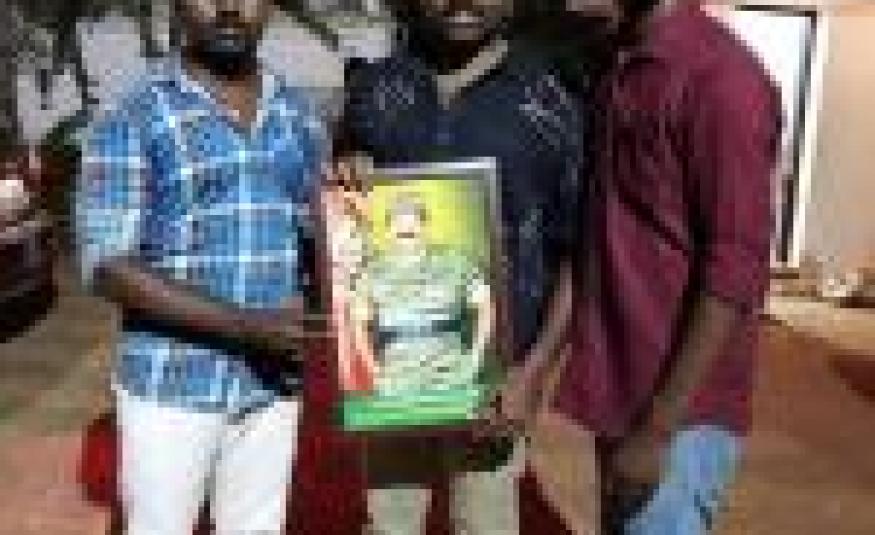
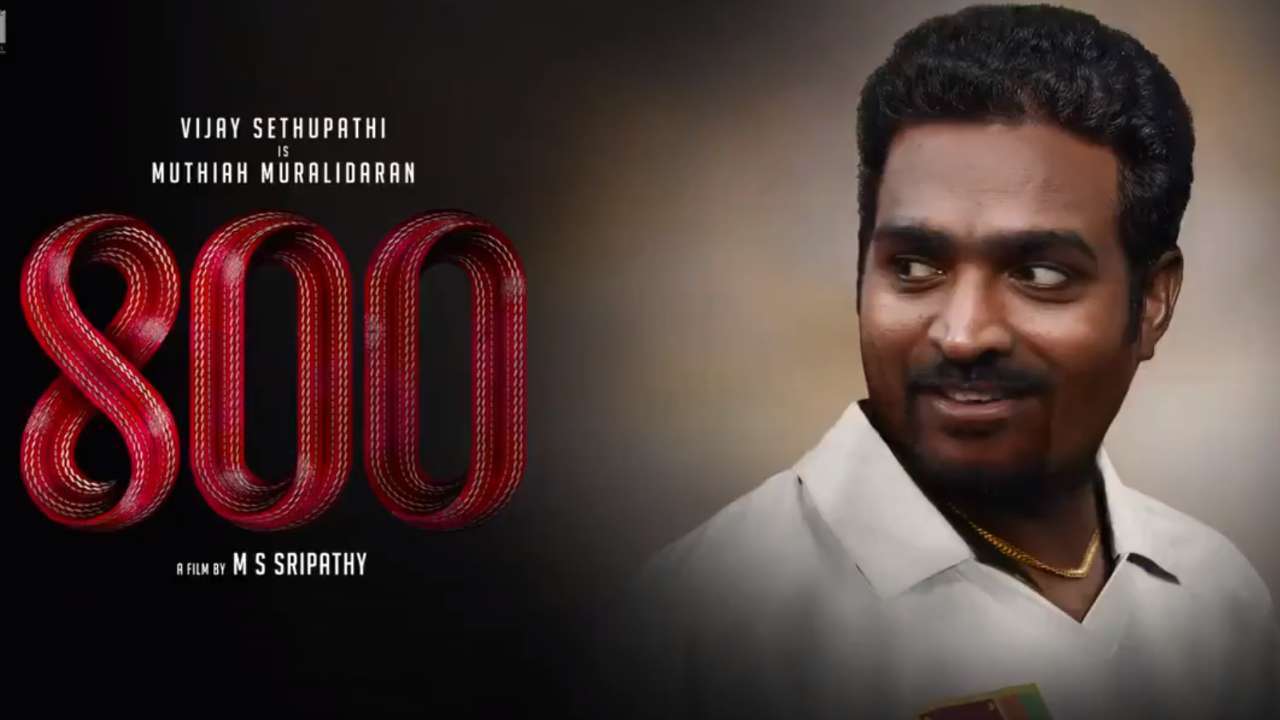

.jpg)
